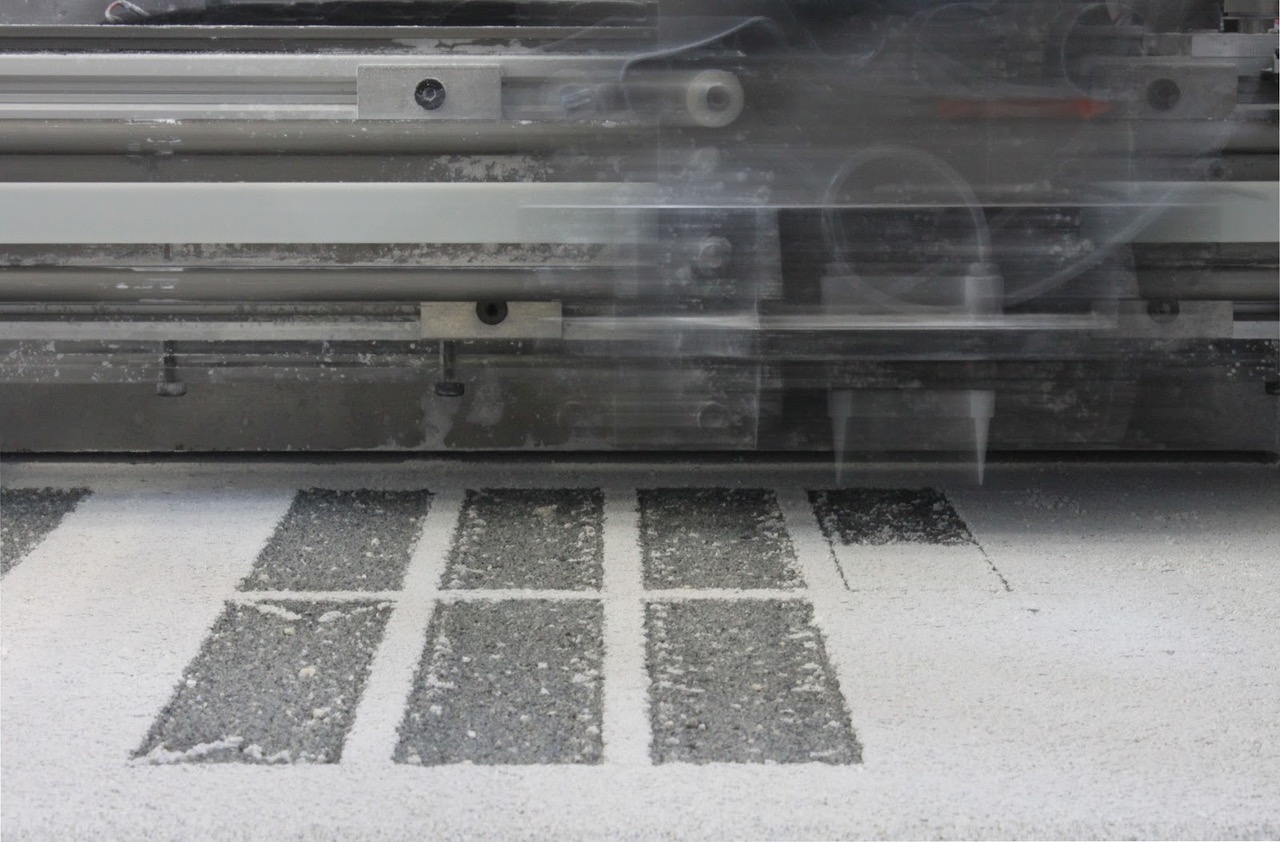[BIO] Urban BioCycles Mycelium Digitalisation

The worldwide economic and ecological development of our future is strongly connected to the question of where our resources for future prosperity come from. As our mines run dry and CO2 levels reach alarming levels, our thinking needs to be radically different in all economic sectors.
The building industry alone is responsible for 40% of global solid waste production, for 40% of the use of primary energy resources and for 40% of CO2 emissions worldwide. Even in current times, natural resources are extracted from the earth and disposed of in a linear process. They are literally consumed rather than being temporarily borrowed from natural or socio-technical circuits.
This approach has profound consequences for our planet, that will be further aggravated if we do not adopt a more circular process. Ecosystems are destroyed, the climate is jeopardised, and many resources – such as sand, gravel, copper and zinc – will soon no longer be available in economically reasonable terms. To address this issue, we need to build an environment that is truly sustainable using alternative construction materials and systems.
In this module, the researchers aim to develop new sustainable technologies by combining composite materials that comprise cultivated, grown and harvested natural resources with digital fabrication methods. Mycelium material grown from fungi is one of the materials of choice for this enterprise, as well as subtractive processes and 3D-printing (3DP). Along with materials and fabrication, a careful assessment of the sustainability and likelihood for application in the construction sector will be studied.
